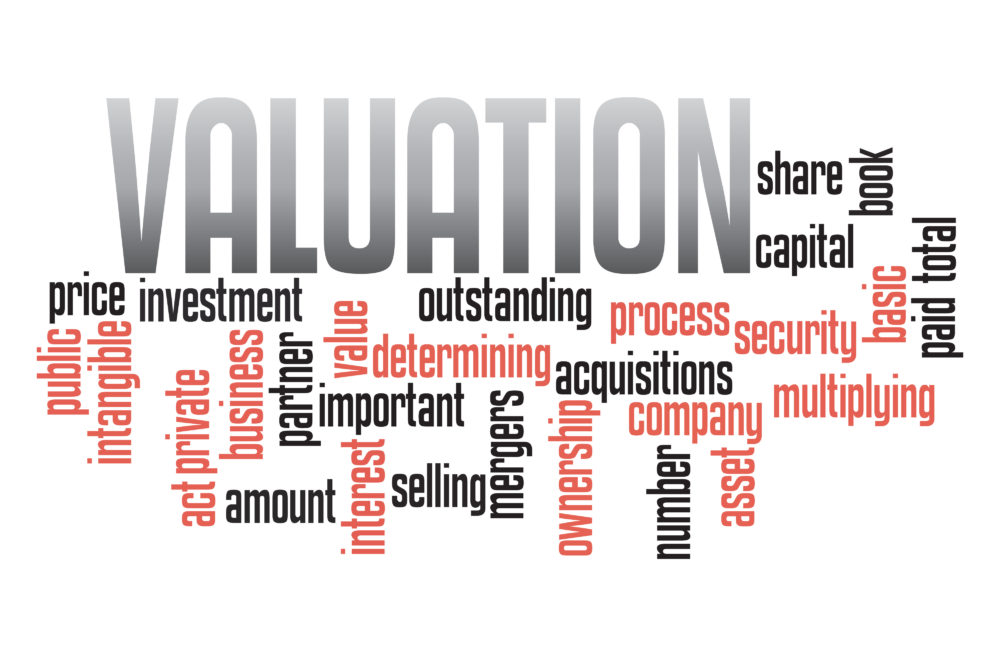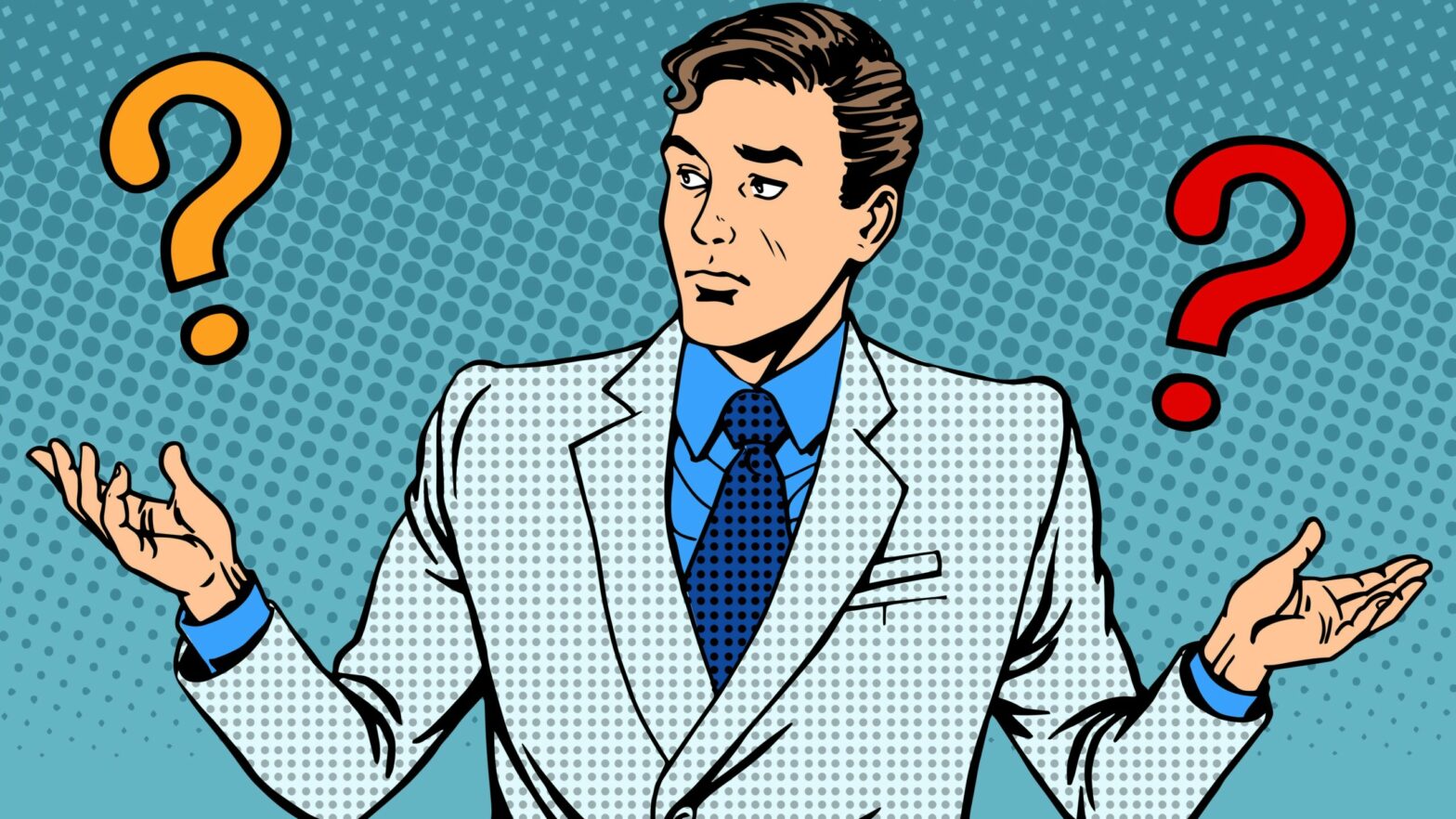I haven’t run a business for a number of years and am thinking of buying into a café that is already well established. What questions should I be asking and who should I ask?
If you’re thinking about running your own business, buying a company that’s already established may be easier than starting from scratch. However, you will need to put time and effort into finding the business that’s right for you. Valuing a business can be one of the most worrying parts of buying an existing business.
There are several valuation methods you can use. For specific advice on valuation methods see our guide on how to value and market your business. Your accountant can also help you value the business, and it is suggested that you work closely with a good accountant throughout.
To get a general idea of how healthy the business is, look at:
• the history of the business
• its current performance – sales, turnover, profit
• its financial situation – cashflow, debts, expenses, assets
• why the business is being sold
As part of your investigations, talk to the vendor and the business’ existing customers and suppliers. They may be able to give you information that affects your valuation. They may also be able to give you general market information about conditions affecting the business. For example, if the vendor is being forced to sell due to decreasing profits, your valuation will be lower.
The most difficult part is valuing the intangible assets. These are usually difficult to measure and could include:
• the company’s reputation
• the relationship with suppliers
• the value of goodwill
• the value of licences
• patents or intellectual property
You should consider how the value of these assets could be affected if you decide to buy the business.
There are other considerations that will also affect the value including stock, assets, products, debtors, creditos, suppliers, employees, premises and competition.
Once you have considered all these factors you can then decide how much you want to offer, or whether you want to buy it at all.
If you do decide to make an offer, and agree a price with the seller, a period of time is allowed for you to verify that all of the information you have been told is accurate. This is known as due diligence.





